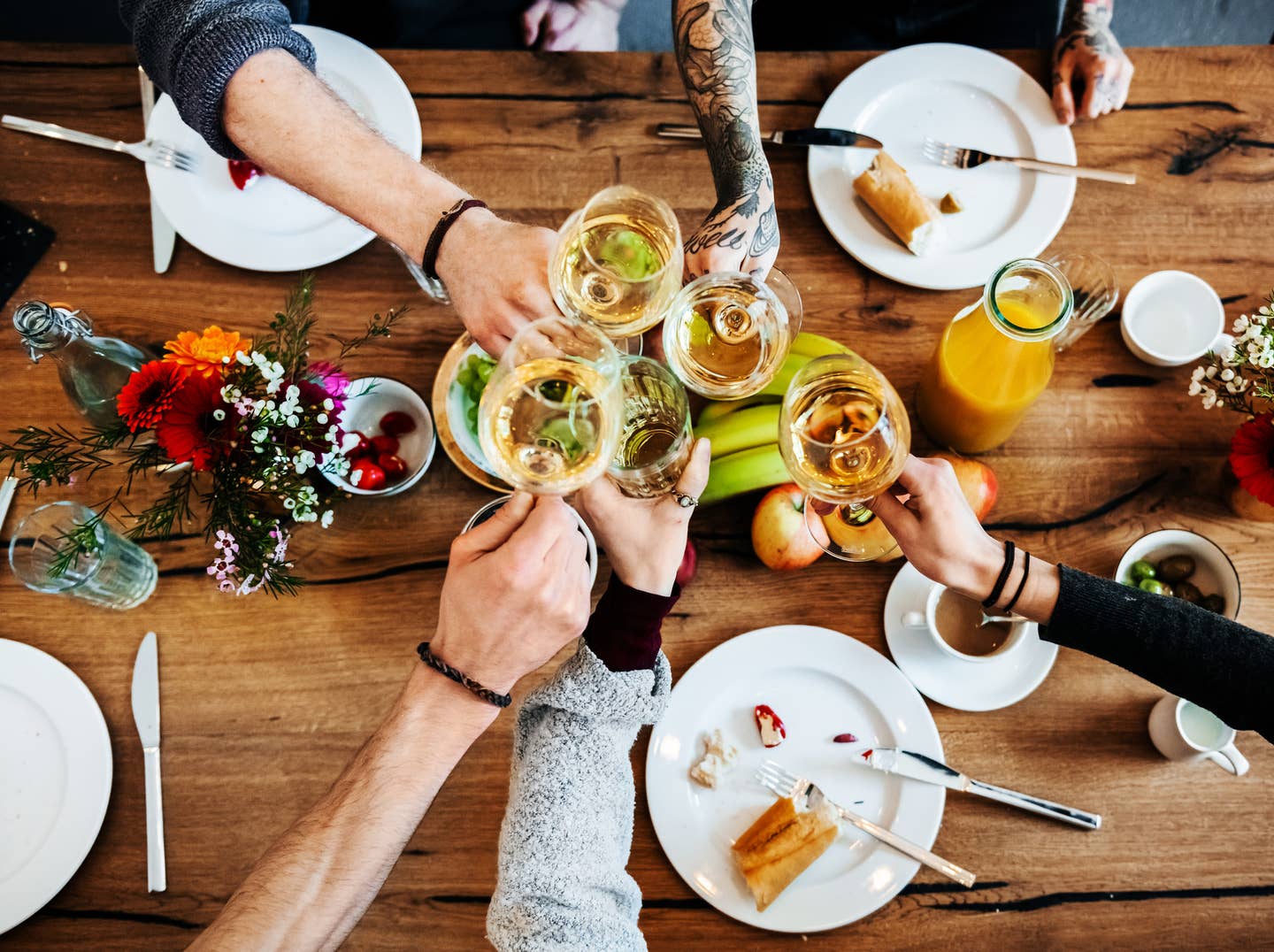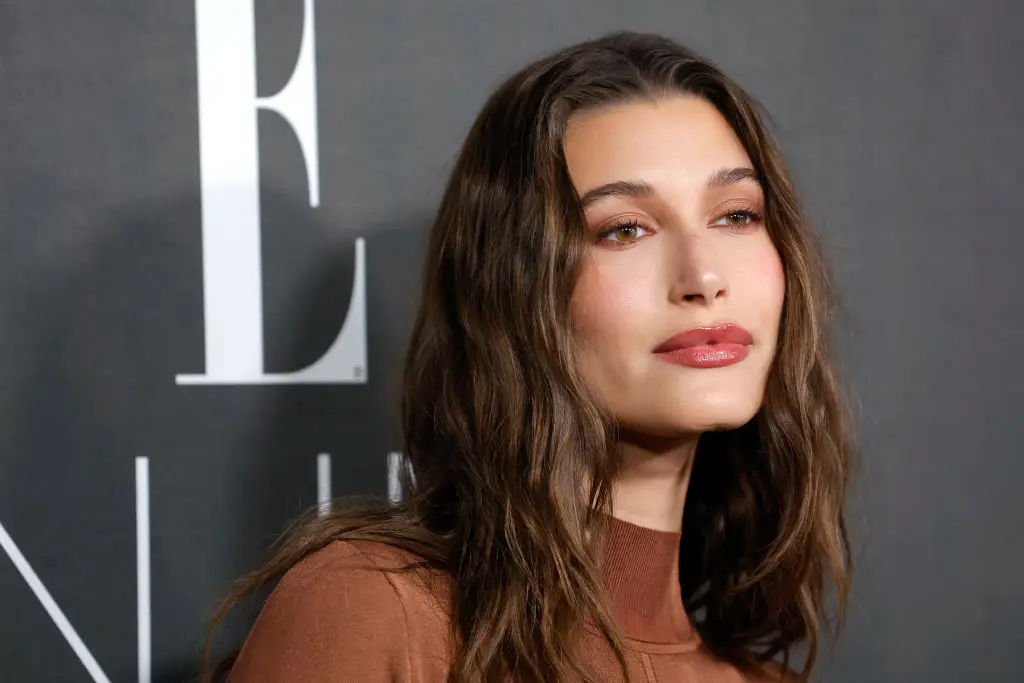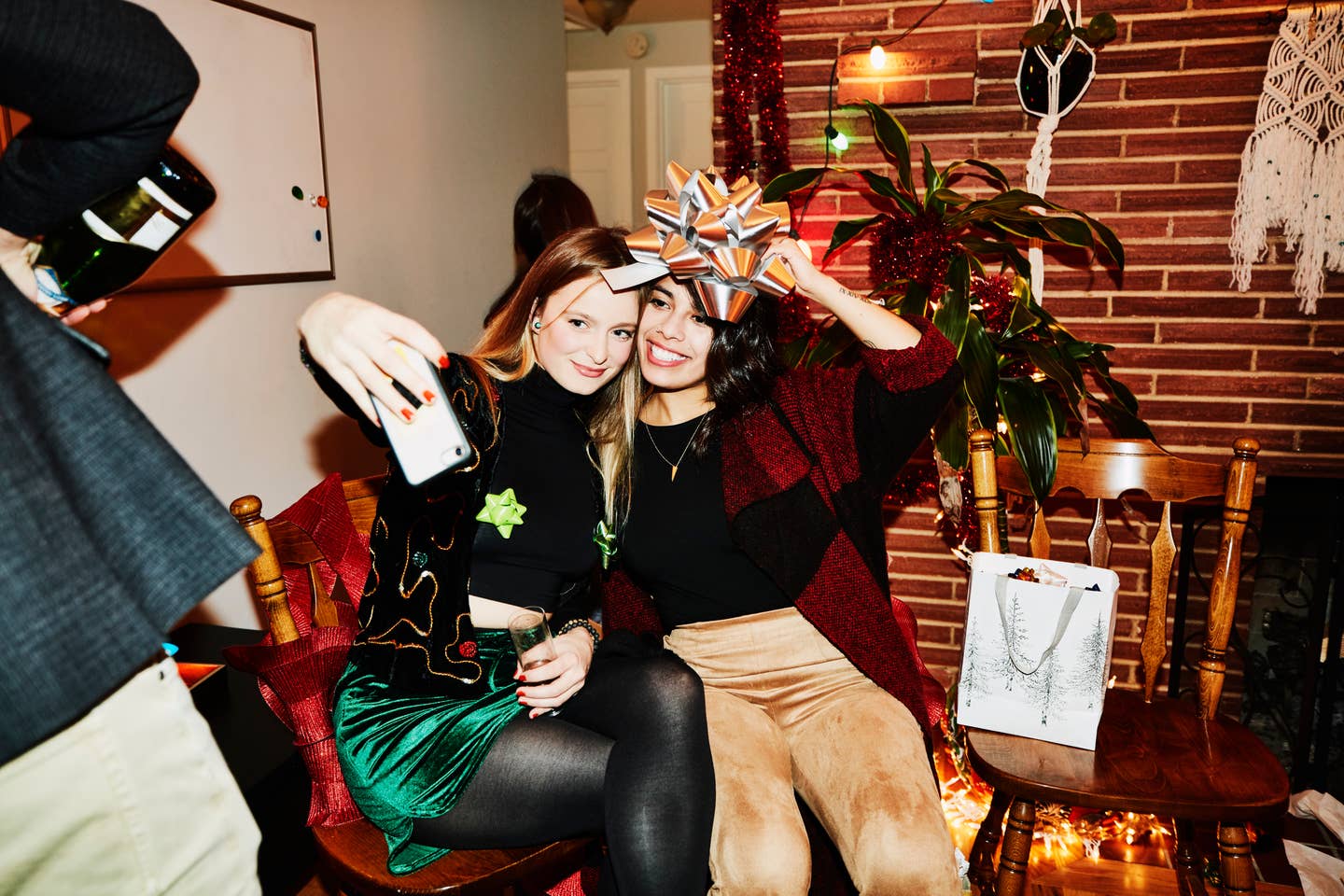
Chef and Restaurateur Lemel Durrah is Bringing Vegan Soul Food to Compton
Lemel Durrah is a plant-based pioneer, vegan soul food chef, and the owner of Compton Vegan. Durrah left his corporate job to become a health advocate and launch a plant-based soul food business to bring more healthful options to an overlooked community. His goal is to bring healthy food to an area where fast-food dominates every block and where fresh and nutritious ingredients aren’t prioritized.
Here, in an exclusive interview with The Beet, Durrah talks about going vegan six years ago changed his life. He began his foray into plant-based life with a 40 day fast. He takes the lessons he learned from this experience and pours the knowledge into his vegan business. Durrah will inspire you to turn to plants to heal and transform your life without sacrificing soul-nourishing hearty foods.
The Beet: What made you decide to go vegan?
Lemel Durrah: When I was doing a fast I learned about the things that we put into our bodies and began to understand the things we put into our body have a positive or negative effect. I was fasting and ended up learning so much. It was easy for me to go vegan.
The Beet: What advice do you have for someone who wants to go vegan?
LD: You can always ease your way in. At the end of the day, your body is so used to all the things you have been feeding it all this time. I would start with a fast, or just eliminate certain things from your diet over time, but there is no wrong way to go vegan.
The Beet: When you went vegan was there someone who helped you to transition into a plant-based diet?
LD: I wasn’t researching veganism. I stumbled across this particular lifestyle, in search of a better life for myself, and the only person that helped me get through the difficult times was God and myself.
The Beet: You went through this journey and then decided you wanted to share it with your community. Can you tell me a little bit about what motivated you to bring vegan food to Compton?
LD: It felt like a disservice to not share. I wanted people to feel the same way that I felt when I changed my diet. I changed my diet, and my life changed.
I remember growing up as a kid there were no options. I wanted to take the information that I acquired and give it back to the community I grew up in, hoping that more people would grow up and like it.
The Beet: Can you tell me some of the changes that you saw after you stopped eating meat?
LD: First things first, my energy. I always had a lot of energy. I’m very energetic. But, when I went vegan my energy levels went through the roof. I’d be able to play five or six basketball games back to back and still want to do more. My sleeping patterns were great. I didn’t wake up in the middle of the night. I was dreaming of very vivid dreams. All of my dreams seemed like vivid movies. I’d accomplish the things that I was dreaming about. My clarity of the world that we were living in increased. A lot of things made more sense.
I was trying to live life differently. I was in a dark place before. I was a little lost and going vegan helped me to get back on track and be a better person.
The Beet: Do you see veganism as a racial justice issue?
LD: In inner cities where predominantly people of color live, there are no Sprouts, there are no Whole Foods. I grew up on Rose Central and we have a store called Food-For-Less. So now that I’m older and I’ve been out of my community to see other communities, I’ve been able to see the businesses that reside in those other communities. I’m able to see the differences.
That could be a systemic issue, that could be a racial issue, it could also be a lack of trust for those businesses to invest in the communities. Sometimes you just have to take a chance. Recently I just shot a tweet at Whole Foods and asked that we get a Whole Foods in Compton, and they responded. I don’t know if any action was taken after that.
I realized when I first became vegan that the changes that we need in the inner city aren’t going to come from an outside source. If I wanted to eat something convenient, for my particular lifestyle, I had to travel to Hollywood or Long Beach. I had to go so far just to accommodate my lifestyle.
The change is going to be from inside of the community. The mission for Compton Vegan is to be that option for people who don’t have the means to travel thirty minutes away. I want to be the person who makes that change from the inside, without waiting for someone to come and save us and give us blood, or help us be a thriving community.
The Beet: Is that part of why you decided to focus on soul food at Compton Vegan? To serve dishes people are already interested in, but to show them they can have them in plant-based renditions?
LD: Most people that grew up in my community want to eat chicken, they want to eat hot dogs, they want to eat ribs. I wanted to recreate those foods in a plant-based version to reintroduce them to a lifestyle that is very unfamiliar to them. It’s the same thing that happened to me. I didn’t have those options so I tried to create them myself.
The Beet: Do you have a favorite dish at Compton Vegan?
LD: The popular dish on the menu right now is the buffalo and chicken mac bowl. I also make these chicken ribs. When I first played around with the recipe that I found on the internet, it came out okay. I’m a harsh critic, but I felt I could do better, so over time I continued to tweak it to make improvements because it was bready. I used the recipe with the jackfruit instead of soy. A lot of the products that you buy from the grocery store that are plant-based contain soy. I wanted to find a meat substitute that wasn’t tofu. I tried the jackfruit and it was an instant success. The first batch that I made, I knew I struck gold.
The Beet: What is one ingredient you cannot live without?
LD: One ingredient is probably nutritional yeast. It goes into my alfredo sauce. Nutritional yeast goes into my traditional allergy-free cheese. I’ll make gluten-free, nut-free, soy-free cheese. Before, I lost a lot of potential customers because they were gluten-free and soy-free. Now I try to be as sensitive as I can to all shapes of customers.
The Beet: That speaks volumes to the mission you created for your community, that you are nimble and willing to make changes based on their needs. I admire that a lot. Do you have a secret ingredient?
LD: Yeah, love.
The Beet: What is your favorite vegan meal to cook?
LD: I cook so much stuff. I’ll give you dinner I had last night. I made a vegan steak. I had some mashed potatoes, salad, and a garlic corn on the cob.
The vegan steak is with beans and garbanzo bean flour. Then add some tomato paste to give it gave it a nice texture and a nice color to it. Honestly, I can’t think of a dish that I had eaten as a meat-eater, that I haven’t recreated as a plant-based dish.
The Beet: What do you eat daily?
LD: This is something I have to do better on—my eating habits. My typical day would be to drink some water when I first wake up, and then some fruit, chopped up pineapples, strawberries, and apple. When I get to the kitchen, I make a smoothie, and then I’ll be good until the afternoon. In the afternoon, I’ll probably just snack on some food I’m cooking for everybody else. If I’m away from the kitchen I’ll probably make a chickpea tuna sandwich and have some carrots and celery with my homepage ranch. For dinner, it's all up in the air.
The Beet: What is your go-to smoothie recipe?
LD: Strawberries, bananas, goji berries, and spirulina with almond milk or crushed up ice.
The Beet: If you had thirty minutes to work out, what would you do?
LD: I’d ride my bike up and down the beach, or I’d run on the beach. I’d have to stay six feet away from everyone. I used to ride my bike up and down the beach, a couple of summers ago. That's the best workout you can get. The beach is my happy place.
The Beet: Do you have a mantra or words that you live by?
LD: You design yourself. It's also the title of my TEDx talk.
More From The Beet






